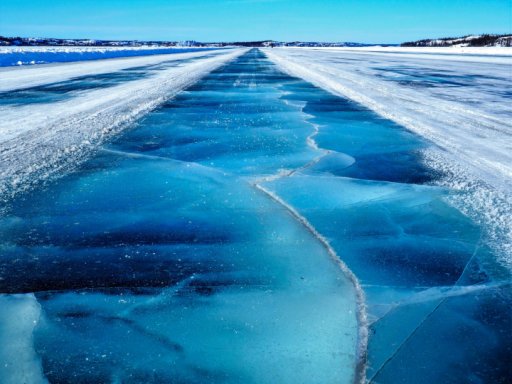
Enthusiast III
My diesel folks out there, what do yall do about cranking after cold nights and days at camp or elevation?

Enthusiast III

Member III

Enthusiast III
I drive a 16 nissan titan xd. Im in the south also(GA) so never any issues with the cold lol!! I'm planning on being in some areas this winter that may be snowing or atleast cold enough to snow. I was just trying to foresee what I may need to do or what not once I get into any cold areas. I haven't yet, but I do plan on upgrading my batteries. I am planning a trip that will take me to the Grand canyon in January so that is some of the weather temps im looking at.How cold are we talking? I only use howse additives but I live in the south. If its cold enough to cause you trouble cranking you either need a block and or more likely a tank heater if your fuel is gelling. Another possibility is your battery is too weak to crank in that case get a new one and add an auxillary battery.
I'm up in Indianapolis every Christmas and I never have any problem starting up there.
Give us more info on what you are driving and an idea of how cold we're talking.

Member III
You shouldnt have to do anything then unless your planning on negative Temps.I drive a 16 nissan titan xd. Im in the south also(GA) so never any issues with the cold lol!! I'm planning on being in some areas this winter that may be snowing or atleast cold enough to snow. I was just trying to foresee what I may need to do or what not once I get into any cold areas. I haven't yet, but I do plan on upgrading my batteries. I am planning a trip that will take me to the Grand canyon in January so that is some of the weather temps im looking at.

Influencer I
20298

Enthusiast III
Thank you! I'll just make sure I get my fuel in a colder region lol and maybe use some additive.With temps down to around zero you really dont have much to worry about. The only thing to pay attention to would be fuel. Standard diesel fuel from warmer areas and sold during the summer isnt treated with anti gel stuff. But so long as you run your tank nearly empty and top off once you get to where its cold youll be fine. Worst case like Boosted said, carry some anti gell with you and if in doubt throw it in. The fleet I used to work for ran Howes and it seemed to work well and didnt mess with the exhaust after treatment. This brings me to another point, resist the urge to idle for extended periods of time with your rig. Idle time will kill the exhaust after treatment system and cause massive issues and cost lots of money. Another trick in extreme cold is to cycle the engine pre heater a few times before trying to start it. Just turn the key on and once the "wait to start" light goes out, turn the key off then turn it on again and let the "wait to start" light go out again, then start the engine. This will just get a little more warmth into the intake and help a bit. Also NEVER use starting fluid, the engine pre heater has a very good chance of igniting it in the intake with can cause serious damage.
Finally if youre camping and super worried, get a generator and plug your truck in.
Honestly cold temps arent the death sentence to diesels some think they are. Here in Eastern WA we regularly see -5 to -10 over night. My 93 Dodge with a Cummins in it would still fire up no problems on those mornings even when I was unable to plug it in. I also never ran anti gel additives, just fuel from the pump. But like I said in areas where it gets cold, diesel fuel you get from the pumps is pre treated.

Influencer II


Influencer I
20298
Best advice ^^^, for gasoline too. And never park in a heated garage.Oh one thing I forgot to add, keep your fuel tank as full as possible, especially over night. During the winter I try to keep all my fuel tanks above 1/2 (gas and diesel), this reduces the amount of condensation inside the fuel tank and ensures that theres always enough fuel to "handle" any water that might end up there.

Influencer I
20298

Advocate I

Influencer I
20298
